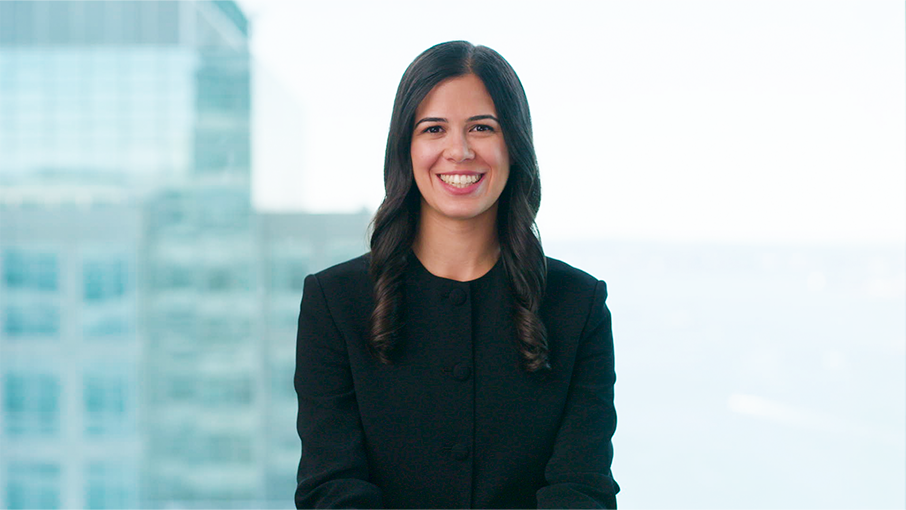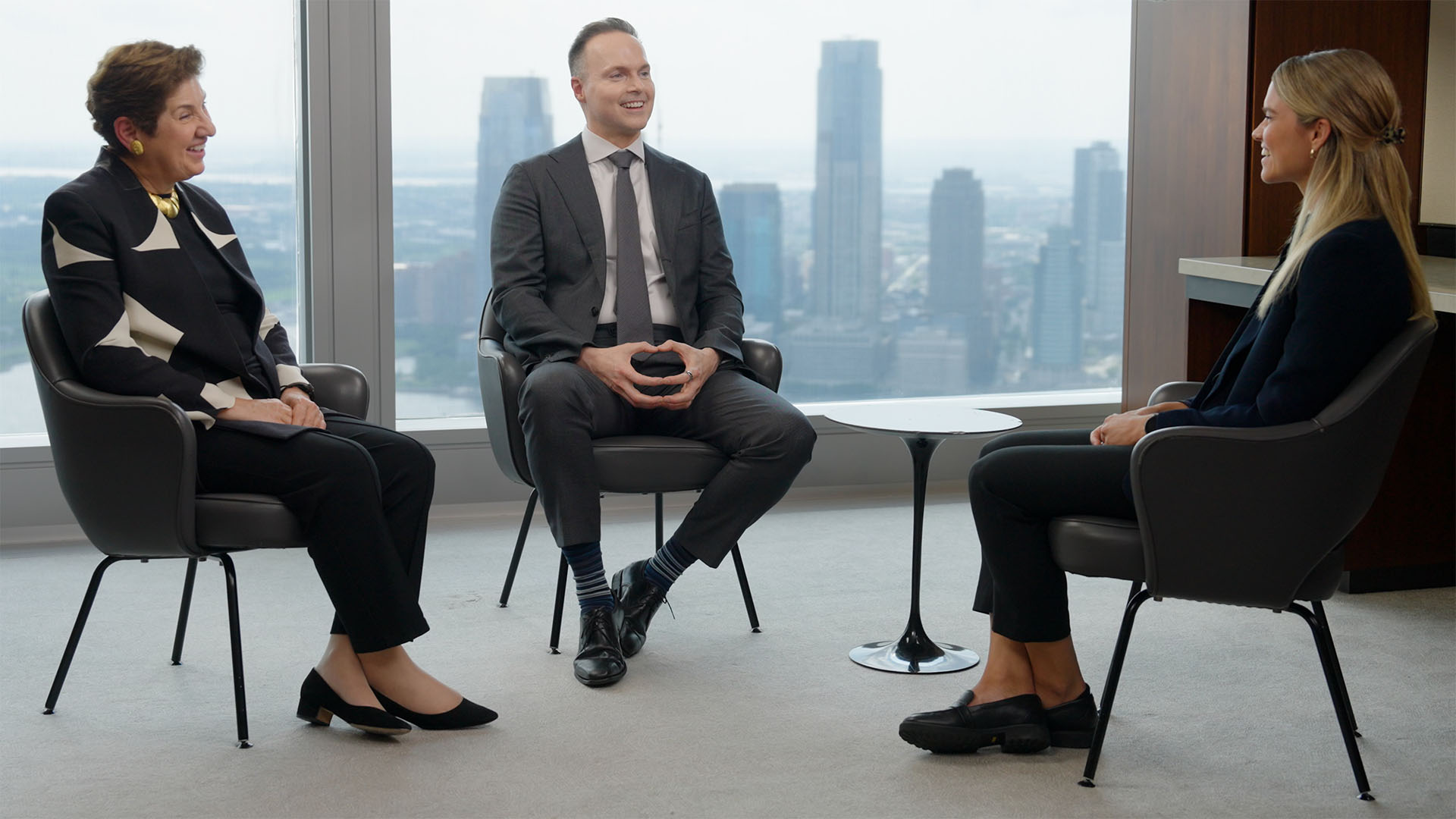Maximize your impact with Private Wealth Management.
As a private wealth client, you can receive the full value of Goldman Sachs, curated for you. Discover tax-efficient planning guidance, wealth transfer strategies, investing advice, alternative investment opportunities, philanthropic guidance, liquidity solutions from the World’s Best Private Bank*, and a global network of leaders and innovators. Learn more about what we offer or connect with an advisor today.

The World’s Best Private Bank
Goldman Sachs Private Wealth Management received 18 awards at Euromoney’s 2025 Private Banking Awards in recognition of our commitment to delivering excellent client service.

Bring Your Wealth to its Full Potential
Benefit from proven and comprehensive solutions customized to your needs and aspirations.
Financial Stewardship
Invest using our time-tested approach for managing risk and building customized portfolios
- Asset allocation and portfolio implementation
- ESG and impact investing
- Private investment opportunities
- Capital markets expertise
Life and Legacy Planning
Support your family and build your legacy with holistic wealth planning solutions
- Trust and estate planning
- Trust services
- Wealth transfer strategies
- Family Office and network services
- Next generation education and resources
Liquidity and Lending
Integrate competitive private banking solutions with your broader goals
- Cash management and deposit services
- Lines of credit and bridge financing
- Securities and asset-based lending
- Real estate loans
Giving and Social Impact
Support the causes you care about most by leveraging our philanthropic expertise
- Philanthropic structure planning
- Charitable strategies and vehicle administration
- Family governance
- Philanthropic education
Explore Our Community Insights
Your success defines our success. See how our global network of experts have put their abilities to work.
Our deliberately low client-to-advisor ratio means our advisors have the time to become completely immersed in your world. With the global reach and resources of Goldman Sachs, they curate solutions for where you are and where you want to be.
Explore Other Goldman Sachs Offerings
*Goldman Sachs Private Wealth Management has been recognized in several categories across Euromoney’s Private Banking Awards 2025, announced on March 28, 2025. The awards celebrate the achievements across the private banking and wealth management industry within the review period (October 1, 2023 to September 30, 2024), with winners determined by a panel of private banking experts.
© 2025 The Goldman Sachs Group, Inc (and together with its affiliates, “GS”). Global investment advisory and brokerage services are offered through various GS affiliates. All rights reserved. *Rating announced 03.28.25. Review period Q4’23-Q3’24. Rating by Euromoney.
Goldman Sachs & Co. LLC is registered with the Securities and Exchange Commission (“SEC”) as both a broker-dealer and an investment adviser and is a member of the Financial Industry Regulatory Authority (“FINRA”) and the Securities Investor Protection Corporation (“SIPC”).
© 2025 Goldman Sachs. All rights reserved.


